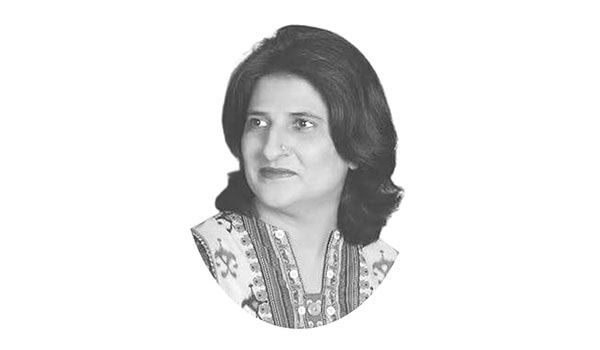Constitutional reforms in Kazakhstan
THE biggest Central Asian republic Kazakhstan went for a referendum on June 5, 2022, and its citizens voted to approve 33 of the document’s 98 articles of the Constitution to make the document more viable, operative, practical and in accordance with emerging realities.
The President, Kassym-Jomart Tokayev, rightfully believes the referendum was designed to bring about a “second republic” by reforming “the parliamentary and party system” and moving away from “super-presidential rule”.
June 5, 2022 referendum was the third referendum since Kazakhstan got independence in 1991 and the first since the 1995 referendum that established the current Constitution.
I am of the view that after January 2022 violent civil unrest, there was a dire need to review everything—I literary mean everything because stability could be brought only through rapid political, social and economic reforms.
This referendum has granted more powers to Parliament; making it the supreme institution by eliminating the powers that former President Nursultan Nazarbayev had retained after resigning from office in 2019.
The interest of the public in this referendum can be judged by the fact that the turnout of the referendum was 68.1 per cent and out of this percentage 77.2 per cent voted in favour of reforms.
After these constitutional amendments, the participation and interest of the public in politics would enhance because massive changes in electoral law and party registration process are already encouraging the public to be an active member of political activities and this political participation is due to the devolution of powers to the regional/local level.
Many of my Kazakh friends studying with me abroad believe that they have more to say and more to do in the new political system and believe that decentralization introduced by reforms through a referendum will surely provide space for a common man to participate in political, social, and economic activities.
It is important to mention that new laws stop relatives of any sitting President from holding government positions or heading up semi-public enterprises.
Moreover, the President will hold office or membership of any political party after taking the oath as President and it will not be possible for anybody to return to a continuous presidency like the former President, as the number of consecutive presidential mandates has been reduced to two.
Some amendments indicate that more powers have been granted to Parliament, particularly to the Lower House.
Kazakh’s Lower House is called the Mazhilis and this operates in the same way as National Assembly in Pakistan.
Now like in Pakistan, the Lower House will take the lead role in drafting laws and the Upper House (the Senate) will have limited to approving or rejecting laws moved by the Lower House.
I believe that political reforms taken by Kazakhstan and important and practical changes adopted by Referendum on Constitution should be taken as a positive example for other countries not only in Central Asia but Pakistan should also think to follow the path because we have been discussing since ages that 1973 Constitution needs massive changes to become more practical.
There is no doubt that constitutional amendments in Pakistan are done through Parliament but I am of the view that drastic changes must come directly to the public through a referendum because Parliament would not allow any drastic change that could minimize its power or share power at the local level.
In Pakistan, the local government system has not been allowed to work freely because parliamentarians are not ready to share their powers with elected representatives of local government like councillors, etc.
Our politicians are not ready to believe that their only responsibility is legislation not the utilization of public funds and providing public jobs to their voters.
Our members of the National Assembly, Senate and Provincial Assemblies are not ready to share public funds with anybody and the power they enjoy at Thana (Police Station) and Kachairi (District Courts).
We in Pakistan keep debating whether the existing Social Contract has failed or not and whether should we need a fresh system and a new social contract.
I believe a referendum like the one in Kazakhstan can be useful to overhaul our Constitution as well as the social system that has miserably failed to help the weak and power.
In Pakistan, power lies only with the powerful. Can we run the state of Pakistan for a longer period in which 75 per cent poor and weak population has no role to play and have no rights to enjoy?
—The writer is a Prague-based author, columnist and foreign affairs expert who writes for national and international media.










